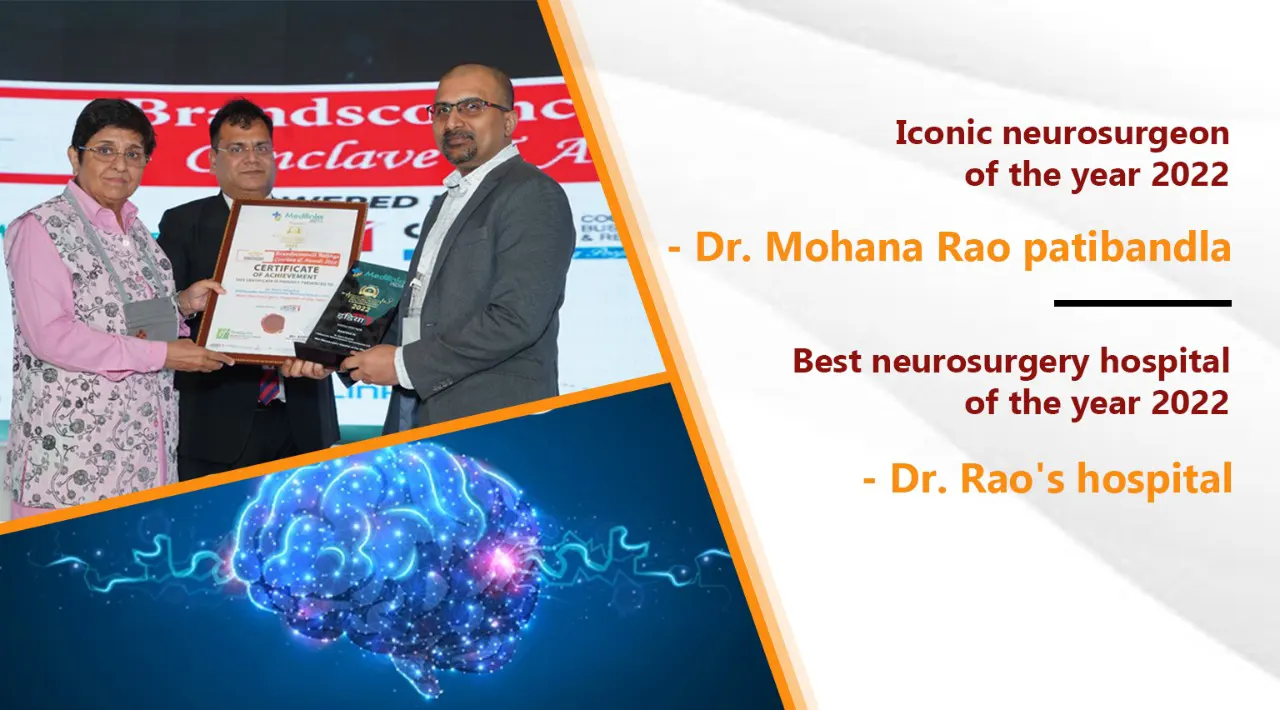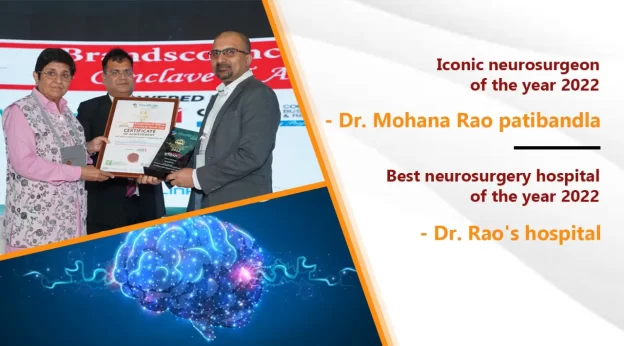Modern Day Neurosurgery: From Lifesaving Surgery to Function Preservation Surgery
Introduction
Advancements in technology and surgical techniques have revolutionized neurosurgery, a dynamic field that involves treating brain and spine disorders. Modern neurosurgery is no longer solely about saving lives; it is also about preserving and enhancing patients’ quality of life. Leading organizations and professionals, including Dr. Rao’s Hospital, one of the top hospitals for neurosurgery, and Dr. Rao, widely regarded as the best neurosurgeon in the area, are examples of this paradigm shift. According to The Times of India coverage.
The Evolution of Neurosurgery
Neurosurgery has come a long way from its early days when the primary goal was to save patients from life-threatening conditions. While this remains a critical aspect, the focus has broadened to include preserving neurological function, minimizing post-operative deficits, and improving overall patient outcomes. Technological advancements and a better understanding of the human nervous system are largely responsible for this transformation.
Lifesaving Surgery
Traditional neurosurgery often involves high-risk procedures with significant potential for complications. Surgeons faced the daunting task of operating on delicate brain and spinal tissues, where even minor errors could lead to severe consequences. Today, while lifesaving interventions are still crucial, the methods have become more refined.
Advanced imaging techniques, such as MRI and CT scans, provide surgeons with detailed pre-operative maps of the patient’s anatomy. These images guide surgeons during procedures, allowing for precise targeting of abnormalities and reducing the risk of damage to surrounding tissues. Additionally, intraoperative monitoring technologies, such as intraoperative MRI (iMRI) and ultrasound, enable real-time visualization, further enhancing surgical accuracy.
Function Preservation Surgery
One of the most significant advancements in modern neurosurgery is the shift towards function preservation. This approach prioritizes not only the removal of pathological tissues, such as tumors or hematomas, but also the preservation of critical neurological functions. Techniques such as awake brain surgery and neuro-navigation systems have made it possible to perform complex procedures with minimal impact on the patient’s cognitive and motor abilities.
Awake brain surgery, for instance, allows surgeons to interact with the patient during the procedure. By mapping functional brain areas in real-time, surgeons can avoid critical regions responsible for speech, movement, and other essential functions. This technique has proven invaluable in treating brain tumors located in eloquent areas where traditional surgery poses a high risk of debilitating side effects.
Dr. Rao: A Pioneer in Modern Neurosurgery
Dr. Rao, renowned as the best neurosurgeon in the region, exemplifies integrating these advanced techniques into clinical practice. With extensive training and expertise, Dr. Rao has performed countless successful surgeries, earning a reputation for excellence in lifesaving and function-preserving procedures.
At Dr. Rao’s Hospital, a state-of-the-art facility dedicated to neurosurgery, patients receive comprehensive care from diagnosis to post-operative rehabilitation. The hospital is equipped with cutting-edge technology, enabling the medical team to perform intricate procedures with unparalleled precision. Dr. Rao’s commitment to staying at the forefront of medical advancements ensures that patients benefit from the latest innovations in neurosurgical care.
Real-Life Impact: Patient Stories
The true measure of modern neurosurgery’s success lies in the stories of the patients whose lives have been transformed. At Dr. Rao’s Hospital, countless individuals have experienced remarkable recoveries thanks to the meticulous care and expertise provided.
One such case is that of a young woman diagnosed with a brain tumor located near her speech center. Traditional surgery posed a high risk of impairing her ability to speak. Under the care of Dr. Rao, she underwent awake brain surgery. Throughout the procedure, Dr. Rao and his team carefully mapped her brain functions, successfully removing the tumor while preserving her speech. Today, she leads a normal life, grateful for the advanced techniques that made her recovery possible.
Conclusion
Modern neurosurgery has transcended its origins as a field focused solely on survival. With advancements in technology and a greater emphasis on preserving neurological function, patients can now access safer, more effective treatments. Dr. Rao and Dr. Rao’s Hospital stand at the forefront of this evolution, providing world-class care that combines lifesaving interventions with a commitment to maintaining and enhancing patients’ quality of life. As we look to the future, the promise of further innovations in neurosurgery continues to inspire hope and healing for countless individuals facing neurological challenges.


